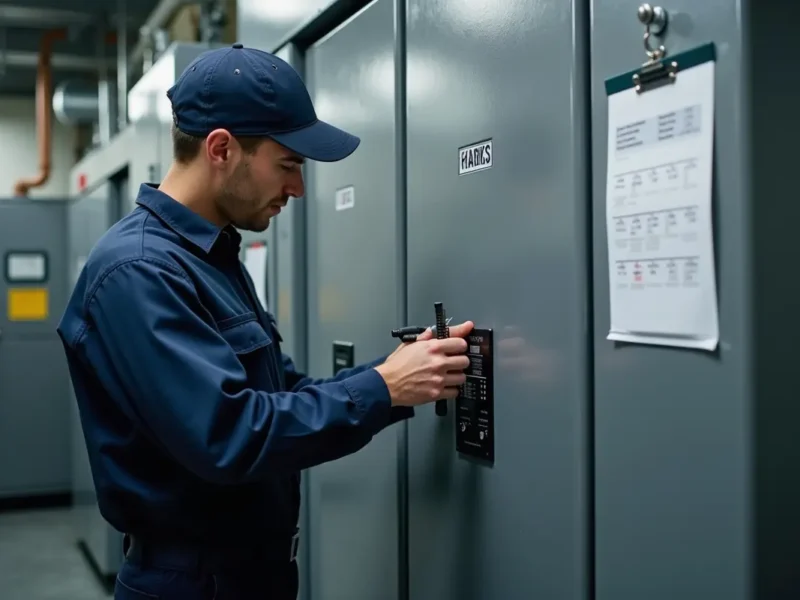Are you dealing with a garbage disposal that’s not working? Don’t worry. There are a few troubleshooting tips that can fix common garbage disposal issues.
Garbage disposal is an essential appliance that overlooks and needs maintenance at an affordable cost. Before you call a plumber, try identifying some of these common issues yourself to assess if it requires the service of an expert.
On that note, here are some problems and solutions for a garbage disposal that’s not working.
The Garbage Disposal Is Clogging
Even with robust impeller plates inside, garbage disposals can still clog under certain circumstances. These can be caused by ligaments, bones, mushy fibers, or other hard-to-pulverize pieces inside the garburator. Or it may be because of solidified oil, creams, or syrups. And what can we do about these?
You can try using a plunger to dislodge stuck food or leftovers directly out of the garburator. If that doesn’t work, you may need to use a snake or other tool to clear the clog. Taking these residues out with tools could save your time and your garbage disposal unit.
Clogging can also happen in the pipes right after the garburator due to the build-up of thickened oil or ground residues. You can only remove this by opening these pipe segments from the nearest joints. But if it will be difficult, let experienced plumbers do it for you.
Never use strong dissolving chemicals used for ordinary drain clogs. These can damage your unit.
And for preventive measures, make sure that you are not putting too much food down the disposal at once. Be also aware of the kinds of foods that are more likely to cause clogs than others. Not all leftovers are to be fed into the disposal unit.
Finally, if all else fails, you may need to call an appliance repair professional to help clear the clog.
The Garbage Disposal Stops Working
It is important to understand that garbage disposal is electro-mechanical equipment. If it stops moving, the reason can be a mechanical cause or an electrical power problem.
The first thing is to do a physical inspection while the unit is off and unplugged. Check for clogged or stuck items inside the drain that may have locked the impellers. When checking the impellers, use a hex wrench to manually turn a garburator from below.
You may also examine for cuts or damages on the power cords. Snapped cords or faulty plugs might be some simple causes.
Proceed then to power up the unit and press the reset button underneath. If this soft reset doesn’t do the trick, try smelling the disposal unit for potential burns. Equipment with partially burned coils can still run but will emit an odor.
Unplug the equipment and allow it to rest for 3-5 mins. Then repeat the whole process. If the unit still doesn’t activate, consult a qualified maintenance specialist.
Take note of these steps. Learn more here to analyze problems that you can handle and those that need professional help.
The Garbage Disposal Is Humming
Humming sounds are typical of powered motors that are stuck.
This happens when an object accidentally locks down the impellers, causing a reaction in the motor. Like in cases of clogging, removing these obstructions can resolve the issue.
Or it could also be that the motor is not capable anymore of producing enough power to move the shaft. These are signs of aging and worn-out garbage disposal units.
You can opt to repair the motor or purchase a new one. But in the long run, acquiring new equipment will be more effective and less expensive.
The Garbage Disposal Is Leaking
While leaks are common garbage disposal problems, the cause may not always be the same. It can be worn-out sealants, loose fittings, or drain pipe damage.
Improper installation that results in loose fittings is the usual cause of leakages. Most of them happen at the dishwasher connection or the drainpipe area. Disassembling and properly reconnecting these joints could solve the problem.
Leaks can also come from worn-out seals or gaskets in four possible areas. These are the splash guard, the pipes, or the drain line. Visual inspection of these areas could help you locate possible sealant problems.
You can do an easy and temporary fix to seal these areas. Apply a bead of plumber putty around the unit’s base and tighten the mounting bolts. If the bolts are stripped or broken, you may need to replace them.
Finally, Leaks can also come from broken or holed pipes. And if the disposer is old and rusty, it may be time for a new one.
The Garbage Disposal Is Too Noisy
Extreme noise from motorized items is a sure indicator of a problem. If your garbage disposal is too noisy, there are a few areas to investigate.
Regardless of the model, disposal units are connected by hanging in between the sink drain and the drain pipe. Thus, these two joints are the best possible source of vibrations. Double-checking the splash guard under the sink drain and the clamps at the drain pipe could help.
Another noise source could be a jammed plate inside the grinding area. Hard leftovers can sometimes dislodge plates during rotation. Once you observe this phenomenon, shut off the equipment and manually fix the plate in position.
Broken bearings where the impeller shafts rotate can also cause unpleasant sounds inside the disposal unit. But since it’s an internal item, you need to contact a garbage disposal repair shop to replace it.
Manage Your Garbage Disposal Properly
Your disposal unit is a workhorse in the kitchen. Thus, it must be kept in good condition. What it needs are preventive maintenance and regular check. So you won’t depend too much on any appliance repair personnel.
Apply these tips to your basic garbage disposal repair. You could save time and money. Be able to sort manageable problems and those that are complicated. Yet, have a list of contacts if you require qualified maintenance services for your garbage disposal repair.
If you find this article helpful and informative, we have tons more for your household repair tips. Continue reading our blogs!



